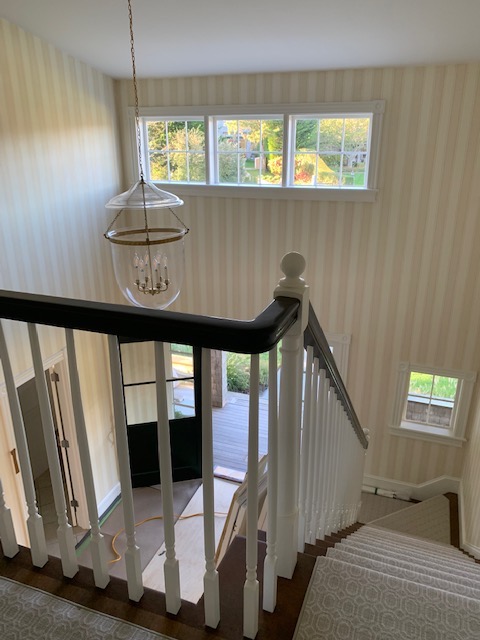Self Portrait
Just mention the words “Sunflowers” or “Starry Night,” and the paintings of Vincent Van Gogh effortlessly float into mind. They are the result of the mastery of one of the most prolific and accomplished painters of all time. Although his distinctive painting style has made him one of the most celebrated—and most easily recognizable—artists in the world, he sold only one painting during his life, and it wasn’t until after his death that he became famous.
Starry Night
Sadly, his name also conjures the image of the “tortured artist,” a man who suffered from hallucinations and grappled with demons. His short life was marred by hospital stays for mental illness and physical decline. After just ten years of painting and producing 900 paintings, Van Gogh took his own life in 1890, at the age of 37.
Self Portrait
In the 122 years since his death, attempts have been made to understand the underlying causes of his feverish work style, his exhaustion and his suffering. Diagnoses range from bipolar disorder to epilepsy to sunstroke from spending long hours out of doors while painting.
Sunflowers
One of America’s top Environmental Medicine physicians and a fan of Van Gogh since her teens, Adrienne Sprouse M.D. has spent years studying the life of Vincent, and believes the answer lies in a different direction: repeated daily exposure to dangerous chemicals.
Sunflowers
The son of a pastor, Vincent didn’t decide to pursue art until 1880, when he was 27. He studied in Belgium, then lived briefly in Paris with his brother, Theo. He met Pissarro, Monet and Gaugin. After moving to the South of France in 1888, Vincent re-charged his original somber-toned palette with bright yellows, greens, and blues, deliberately creating contrasts and using light in new ways. Eventually he moved into his Yellow House, using the ground floor as his studio and his second floor bedroom as a private “gallery,” hanging freshly-painted tableaux around his bed to dry.
Yellow House
Even as Vincent was creating his masterpieces, his health was declining. He was known among his friends for having a nervous temperament, and he could be a difficult companion. But near the end of 1888 came his famous breakdown. In December of that year, in an incident involving Gaugin, Vincent cut off part of his ear. His closest friends feared the worse, as his mental state deteriorated into madness.
Hospital Ward
What happened next is the subject of the Docu-Drama feature film Passion and Poison-The Vindication of Vincent Van Gogh, based on Dr. Sprouse’s extensive research into Vincent’s work and the cause of his mental and physical decline.

Dr. Sprouse has researched Vincent’s medical condition for more than 30 years, traveling to France, Belgium, England and The Netherlands dozens of times, searching through hundreds of documents and medical records. She has gained unprecedented access to the asylum where Vincent stayed, has taken thousands of photographs, interviewed countless people, including leading experts, meticulously read all of Vincent’s (more than 800!) letters to his brother Theo and others, combed through ancient texts in French (she is fluent) and even followed the trail to a 19th century physician’s belongings stored in a warehouse in a secluded area of southern France.
After years of exhaustive research, Dr. Sprouse is able to make the provocative statement “I know why Vincent Van Gogh died. He wasn’t crazy.” And she can prove it. The heroic efforts of this dedicated 21st century physician finally sets the record straight on the illness of one of the most celebrated 19th century artists.
“Passion and Poison: The Vindication of Vincent Van Gogh” not only describes Van Gogh’s illness, but also demonstrates how, today, people are becoming sick from products they never suspected would make them ill. The public health message…exposure to small levels of common chemicals can cause big health problems.
Join director Frank Zagottis, producer Mario Sprouse, and researcher Adrienne Sprouse for a special fundraising event. For the first time, a 20 minute preview of the documentary film will be shown on the big screen of The Newtown Road Backyard Cinema.
Wine, soft drinks and food will be served. A $25 minimum donation toward the production of the film is suggested. A fireside discussion with the film makers will follow.
See you there!
Sunday, September 23, 2012 6:30 p.m. at the Newtown Road Backyard Film Festival Cinema. 45-19 Newtown Road, Astoria, Queens NY.
For more information: 718-204-2498 or 917-941-3130
Or please visit the website www.passionandpoison.com for more information and to contribute to this ground-breaking movie.
You can read an earlier post by Dr. Sprouse about ADD here.
Bedroom




